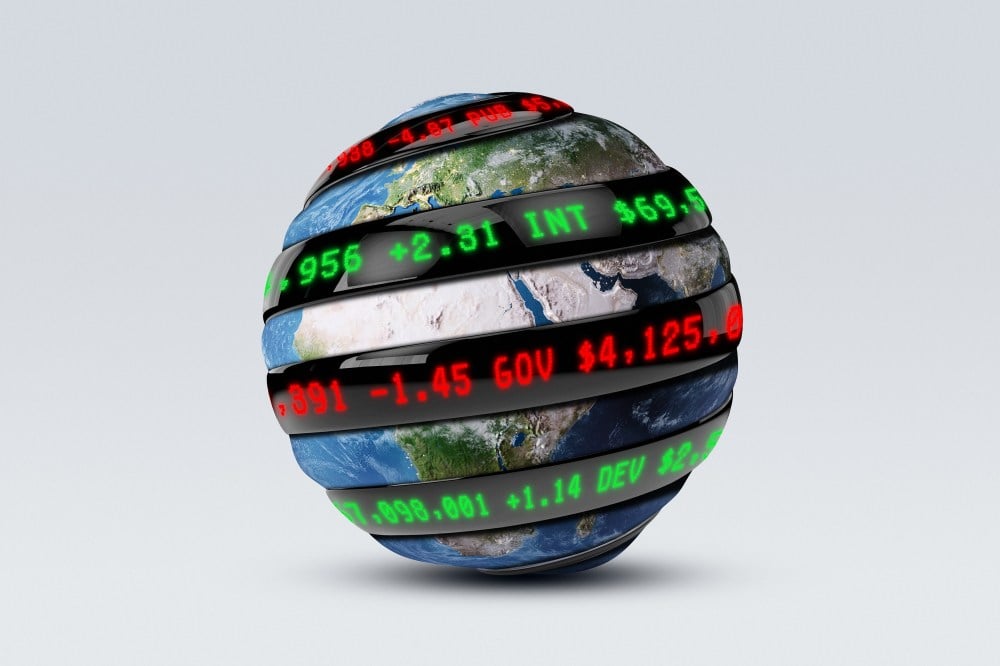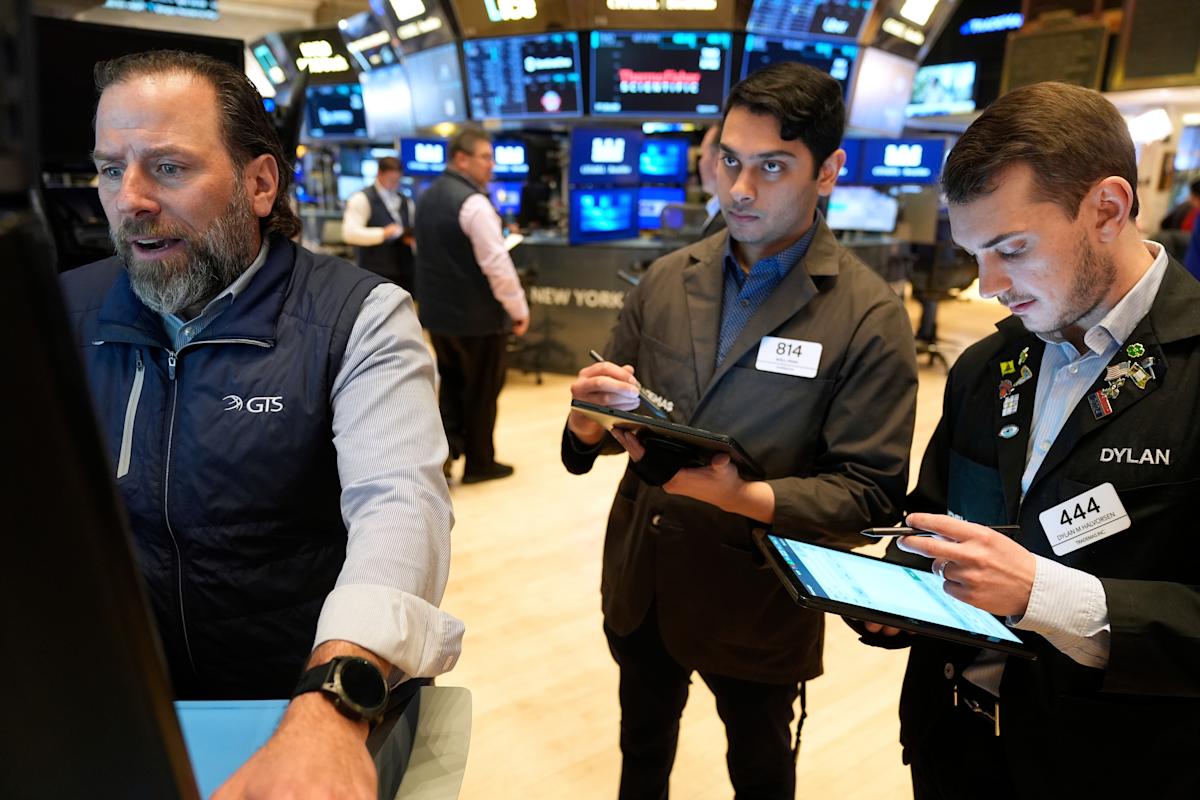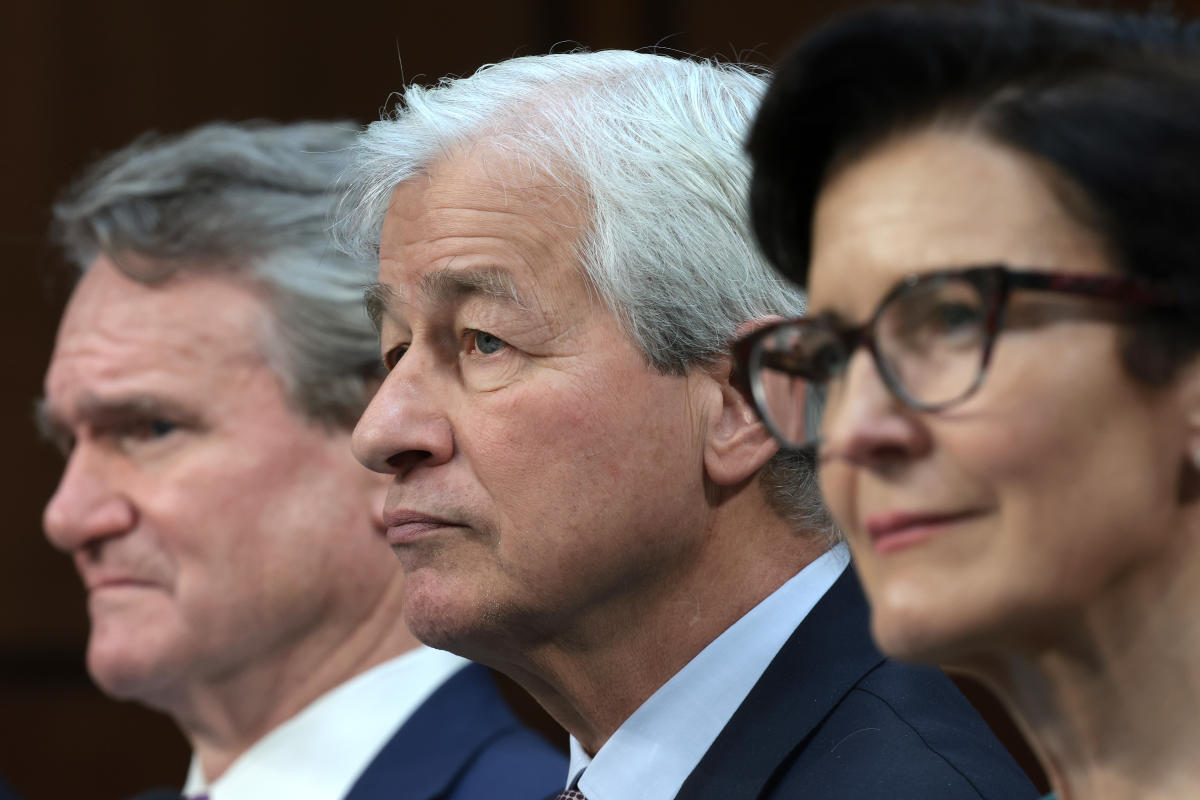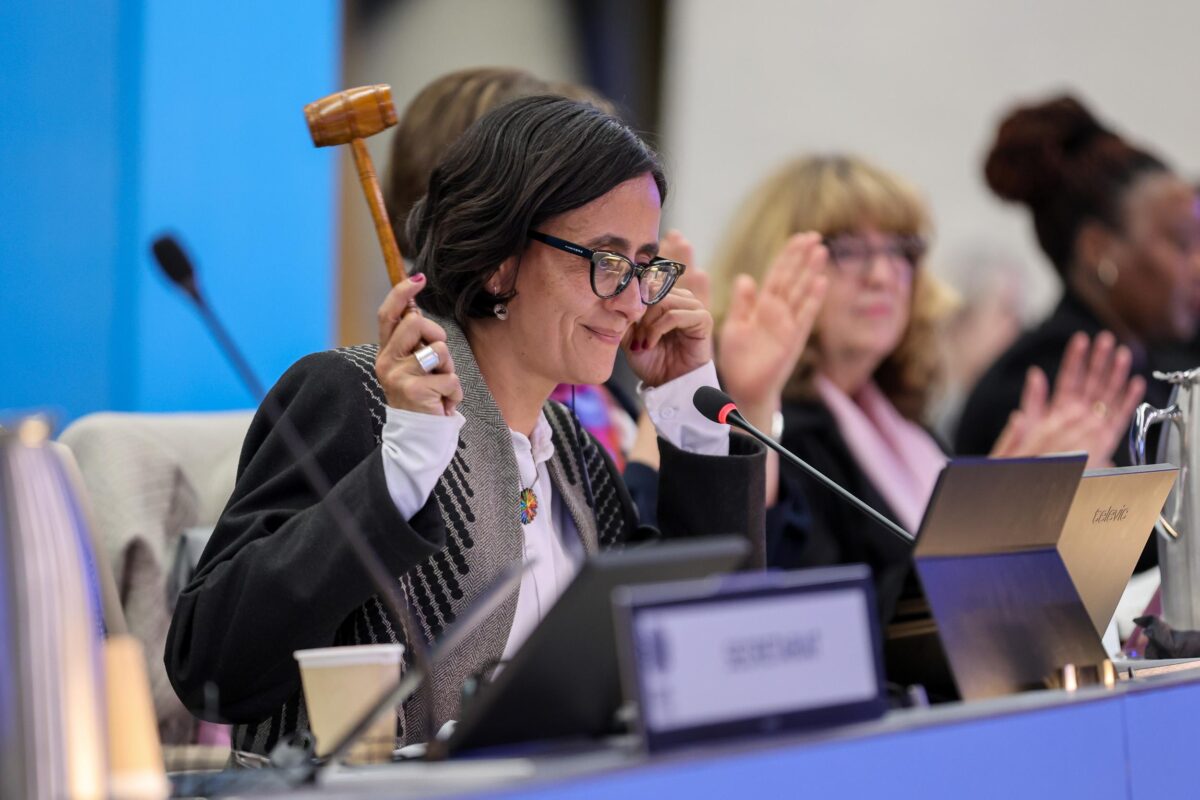Wall Street's Global Hunger: How Financial Giants Devoured Development Dollars

The Global South Bleeds: A Stark Portrait of Economic Exploitation
For decades, international investors have systematically extracted wealth from developing nations, driven by an insatiable appetite for maximum financial returns. This relentless pursuit of profit has transformed economic relationships into a modern form of economic colonialism, leaving vulnerable economies stripped of their potential for sustainable growth.
Multinational corporations and aggressive investment strategies have repeatedly targeted resource-rich countries, implementing extractive economic models that prioritize short-term gains over long-term development. These practices drain critical financial resources, undermining local economic infrastructure and perpetuating cycles of poverty.
The consequences are profound and far-reaching. Local communities face diminished economic opportunities, environmental degradation, and persistent economic instability. While investors accumulate massive wealth, developing nations struggle to break free from structural economic disadvantages imposed by predatory investment practices.
This systemic exploitation reveals a deeply unequal global economic landscape, where financial power continues to flow from the periphery to the center, leaving behind a trail of economic devastation and unfulfilled potential. The time has come to reimagine international investment as a collaborative, sustainable partnership rather than a one-sided extraction mechanism.








